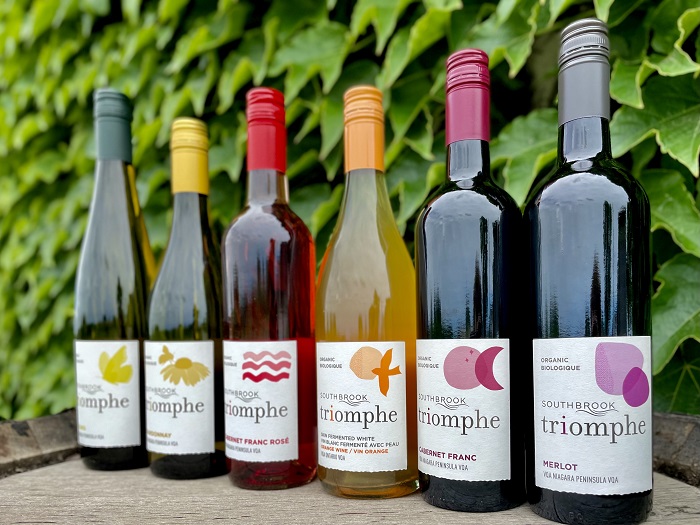As wine enthusiasts, vegetarians, and vegans, you might have wondered how your favorite bottle of wine aligns with your dietary choices. While it may seem that wine, being made from grapes, is inherently vegan or vegetarian, the winemaking process can sometimes tell a different story. In this blog post, we will delve into what makes a wine vegan or vegetarian, the intricacies of vineyard practices, and the role of animal products in winemaking.
The Role of Animal Products in Winemaking
Traditional Winemaking Practices
Winemaking isn’t just about fermenting grape juice. Traditional practices often involve the use of animal-derived products. For instance, fining agents are used to remove unwanted particles and clarify the wine. Common fining agents include egg whites, casein (a milk protein), and isinglass (derived from fish bladders).
Fortunately, alternatives to animal-derived fining agents exist. Bentonite clay, for instance, is a very effective substitute to ensure that the wine remains clear and palatable while staying true to vegan or vegetarian principles.
Grapes themselves do not require any animal products to grow. They thrive on sunlight, water, and soil nutrients. However, the quality of the soil plays a significant role in the health and yield of the grapevines, which brings us to the topic of fertilizers. Manure compost is often used as a fertilizer in vineyards. It provides essential nutrients that green manures might lack. The bacteria in animal manure can improve soil quality and vine nutrition, leading to healthier grapevines. This practice, however, poses a dilemma for those adhering strictly to vegan principles.
In essence, all wines can be made to suit vegetarian diets. If the winemaking process excludes fining agents derived from animals, the wine can be considered vegetarian. Wineries have started labeling their bottles to indicate whether their products are suitable for vegetarians, making it easier for consumers to make informed choices. However, the use of animal manure in the vineyard adds a layer of complexity. Some vegans might find this acceptable, while others may not. This nuance makes it essential for consumers to understand the practices of the wineries they patronize.
As awareness grows, more wineries are transparent about their practices. Reading labels, visiting winery websites, and even reaching out to winemakers can provide additional clarity. This proactive approach helps ensure that your choices align with your dietary preferences.
Southbrook Organic Vineyards stands out for its commitment to sustainable and ethical practices. The winery does not use animal products in the vinification of its wines, making them suitable for vegetarians. However, Southbrook also integrates biodynamic practices, which typically insist on the presence of animals. The winery uses organic animal manure as a fertilizer, adding a unique dimension to its sustainability efforts. Vegans must decide if the use of animal manure in the vineyard is within their core beliefs.
Navigating the Wine Aisle: Tips for Consumers
Read Labels Carefully
When shopping for vegan or vegetarian wines, reading labels is crucial. Look for certifications or statements indicating that the wine is vegan or vegetarian-friendly. This information is often found on the back label.
Do Your Research
Researching wineries and their practices can provide valuable insights. Many wineries offer detailed information on their websites about their winemaking processes and ingredient sourcing.
Ask Questions
Don’t hesitate to ask questions. Whether you’re visiting a winery or shopping at a store, asking about the production methods can help you make informed choices. Most winemakers and retailers are happy to share information about their products.
Understanding what makes a wine vegan or vegetarian involves delving into the finer details of winemaking and vineyard practices. As wine enthusiasts, vegetarians, and vegans, knowing how to navigate these complexities ensures that your choices reflect your values. By reading labels, researching wineries, and asking questions, you can enjoy a glass of wine that aligns with your lifestyle. The future of vegan and vegetarian wines looks promising, with growing demand and industry innovation paving the way for more ethical and sustainable options. Cheers to making informed and conscious choices!

